Longevity Diet
Some say aging is a disease and some like Nicholas Gillitt, a manager at the Dole Nutrition Institute in California says that aging is a normal process that none of us can prevent, but which we can slow down – it’s where diet comes in. Research completed on fruits and vegetables regarding longevity, has provided clues as to how to live longer, more healthily. But how do you achieve this when over 80% of adults who are over 65 get diagnose
longevity diet,
longevity diet breakfast,
longevity diet plan,
longevity diet foods,
the longevity diet fasting
d with at least one of the chronic diseases? And nasty ones too, such as type 2 diabetes, cardiovascular disease, and cancer. 50% of people have 2 of the above ailments. At the same time, 90% do not even eat their 3-6 cups of fruits and vegetables daily that are recommended, according to the dietary guidelines for American’s.
Mom was right to say eat up all your vegetables
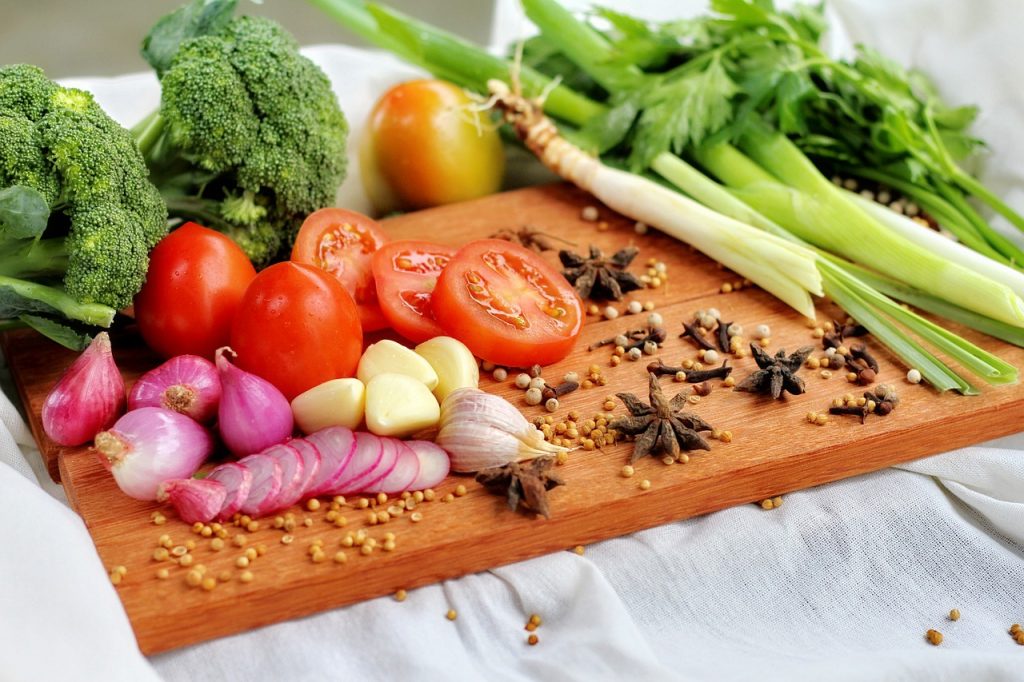
Environmental factors like being exposed to sunlight or cigarette smoking and free radicals are things that cause us humans to age and to experience changes like wrinkled skin, graying hair, and our bones to get all brittle. Researchers tell us that the phytonutrients which give fruits and vegetables their color and flavor are what can protect us against aging and even repair the damage to our bodily cells.
Apples and onions have antioxidants in them such as quercetin, which could well be more powerful than vitamin C in protecting our brain. And what you find in berries, grapes, and cherries called anthocyanins can help to retain our memory into old age. What about spinach and all those other leafy greens? They have antioxidants in them called lutein – you must have heard how lutein is a leader when it comes to fighting macular degeneration, a leading cause of blindness in many people over the age of 60.


It makes pretty good sense that as we get older, we need to eat foods that take care of our bones and make them healthy. Broccoli, for example, will provide 175% of your vitamin C and K needs, let alone other top minerals like magnesium, folate, and potassium, all excellent for bone health, preventing fractures from occurring. When old people fall, they often fracture their bones and if they don’t recover well, you could safely say that it is the end of their independence. When people over the age of 65 eat more than 2 cups of fruit and vegetables on a daily basis, they can decrease their mental health issues by as much as 38% compared to those who only eat less than ½-cup of vegetables and fruit per day.
Here are 6 well-balanced longevity diets for you to follow; designed to give you a youthful glow and which do an excellent job of keeping some chronic diseases away. Even though they vary, they generally say the same thing and that is to eat plant-based foods, good fats, and whole grains.
1. Mediterranean Diet
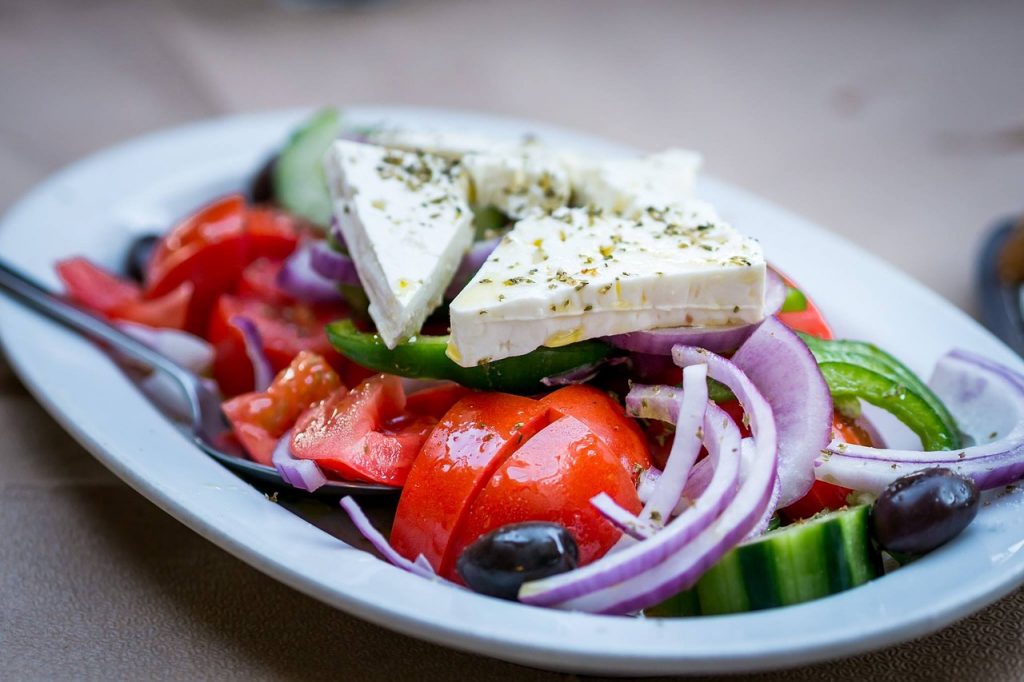
This diet comes from the diet regimes of those living in the Mediterranean Basin. It focuses on plant-based fruits and vegetables, whole grains, nuts, legumes, seeds, healthy oils, fish, lean meat, and dairy. It is noted to be excellent for lowering the rates of cardiovascular disease and inflammation, simply because the diet is so rich in omega-3 fatty acids. This eating plan is associated with slowing down the aging process.
2. Blue Zone Diet
It is called the Blue Zones Diet, because it’s about people who live to be really old in the Blue Zones areas. These are Icaria in Greece, Okinawa in Japan; Sardinia in Italy, Loma Linda in California and Nicoya Peninsula in Costa Rica. Most people from the Blue Zones areas eat mostly plant-based diets. The diet includes eating a cup of beans each day, 3 ounces of wild salmon or other smaller fish such as anchovies and sardines, three times a week. Dairy is avoided but eggs are all right if you eat about 3 a week. No more than 2 slices of whole grain bread are recommended as well as drinking mostly water. The Blue Zones Diet is known to decrease inflammation, reduce the risk of cardiovascular conditions and other diseases.
3. Okinawa Diet
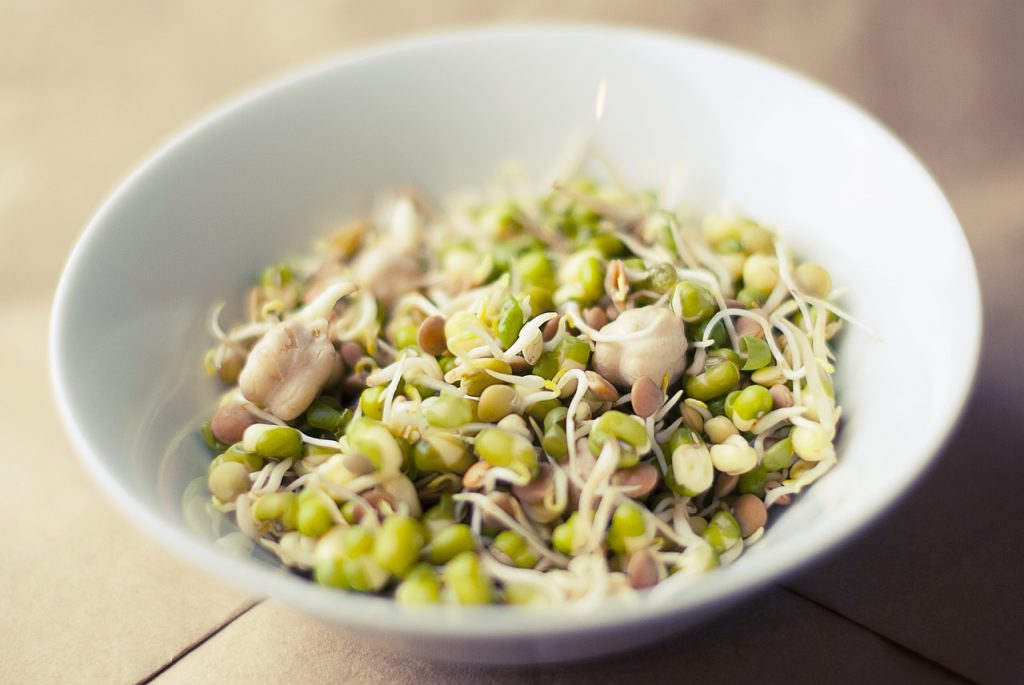
Okinawa in Japan is known as the “land of immortals” because of the people who reach such a good old age. These people get most of their calories from leafy green vegetables and yellow vegetables like soybeans, goya, and tofu, as well as sweet potatoes. That makes their diets high in antioxidants and fiber, and low in fat, added sugars and sodium. This diet is associated with lowered heart disease risks, cancer, and type 2 diabetes. The traditional Okinawan diet promotes low levels of saturated fats and high intakes of antioxidants. These people also practice their cultural habit called hara hachi but, i.e. eating until they are 80% full.
4. Shepherd’s Diet
This diet is a Christian-based diet program based on scripture-based health and nutrition methods, advocating prayer as a way to reduce stress and focusing on eating vegetables. They eat only ethically produced dairy and meat, eating healthy fats, low carb plant proteins, fresh herbs, and unprocessed whole grains. This diet even includes some short-term fasting which has been linked to reducing cardiovascular disease, cancer, and diabetes. A 2016 study published in the JAMA Internal Medicine journal found that the female volunteers who prayed and attended religious services more than once in a week reduced the risk of death by 33%.
5. California Diet
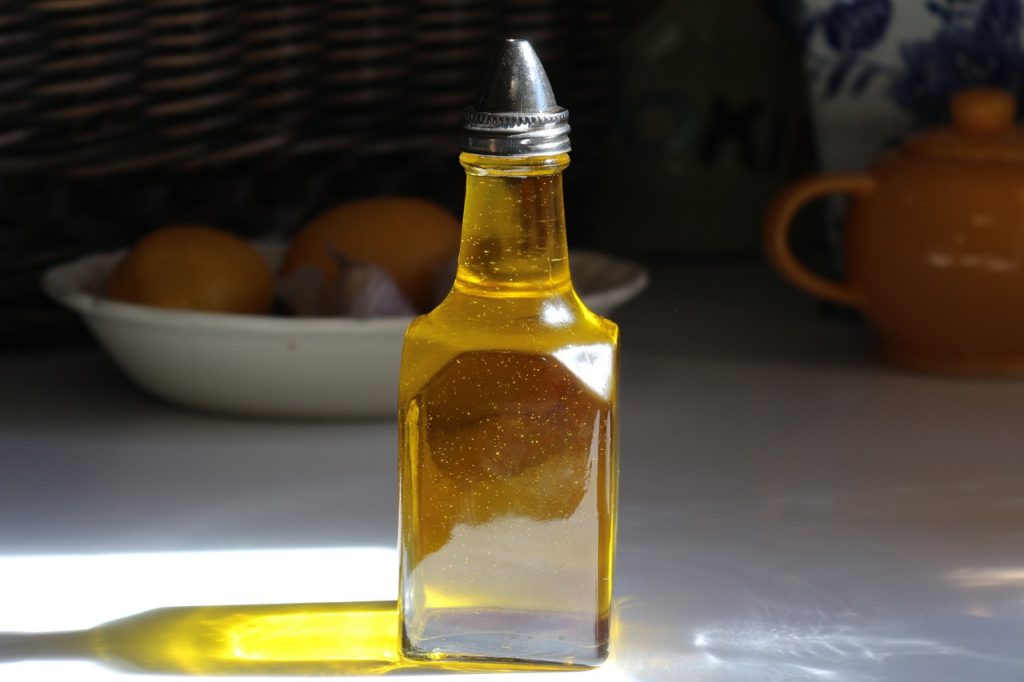
This diet is also called the Sonoma Diet, derived from the lifestyles of those living on the Californian coast and inspired by the Mediterranean diet. It’s about decreasing your dependence on sugar and white flour. Power foods on this diet include vegetables, fruit, olive oil, and whole grains which are to be eaten daily. These foods are known for their positive results on cholesterol levels.
6. Sardinian Diet
Sardinia is part of the Blue Zones areas. Sardinia has been nicknamed as the “place where people live the longest in the world” – imagine – 20 people over the age of 100 lived in this village from 1996-2016. This diet consists of foods such as goat’s milk, barley, fennel, almonds, tomatoes, fava beans – all ideal for better aging. The health benefits are lowered cholesterol levels; helping to combat obesity, cardiovascular disease, diabetes, and cancer. It has been found that there are properties in goats milk which prevent bone fractures and bone demineralization.
Those are the longevity diets. But for each of us, there are 8 other lifestyle elements to heed to:
- Follow a pescatarian diet (fish, but no meat)
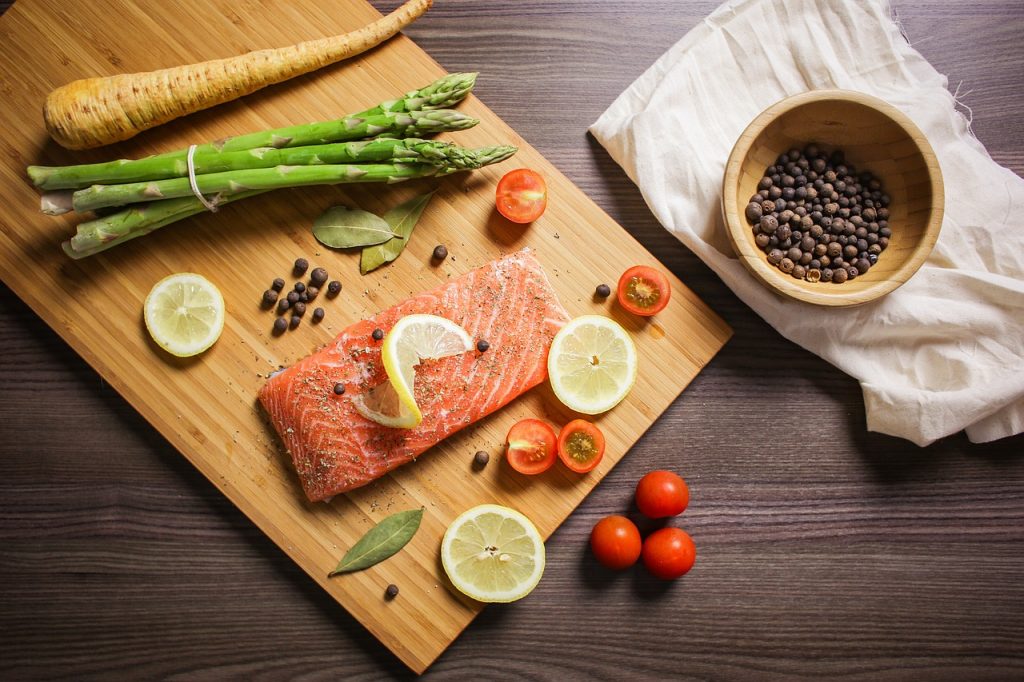
We’ve looked at the above diets and it appears there is a consensus that a diet that is as close to being 100% plant and fish-based seems to be a key component of the diets. If you are older than sixty-five and are starting to lose your muscle mass, your weight, and your strength, you should introduce more fish into your diet as well as other animal-based foods that are eaten by populations known for their longevity. Types of foods are cheeses like pecorino or feta, eggs, and yogurt made from goat’s milk are ideal.
- Stay away from too much protein
Our fat cells don’t require as much protein as our muscles do. When you take in protein, it should only be slightly increased after 65 for those people who are losing muscle and weight. Your diets should be free of animal proteins like red meat, white meat, and cheese, only with the exception of fish proteins and vegetable proteins such as nuts and legumes, etc. to counter disease and benefit from the nourishing effects.

- Maximize complex carbs and good fats – minimize bad fats and sugars
Diets always go on about low carbs and high carbs, low fats and high fats. But it’s true. When it comes to longevity, how much of these you take in is what is important. Your diet needs to be high in good unsaturated fats. These are oils like olive oils and eating almonds, walnuts, and salmon. Your diet should also be high in complex carbohydrates, like those which come from whole bread, vegetables and legumes; and low in sugar, keeping things like pasta, rice, fruit juices etc. down. It’s because these get converted to sugar by the time they are in your intestines.
- Nourishment from supplements
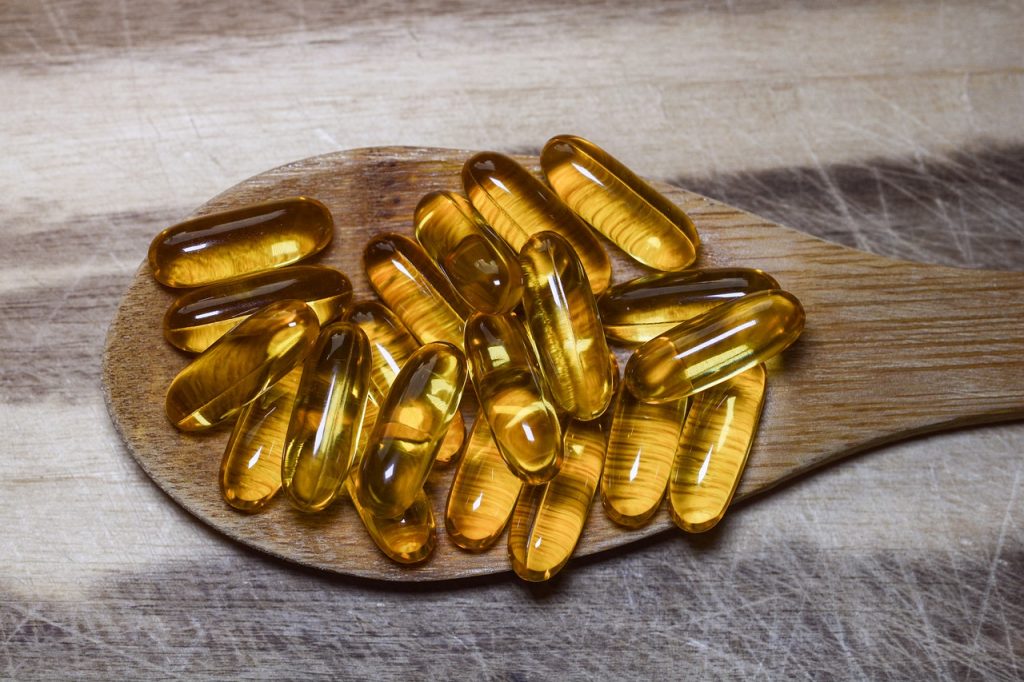
Your body consists of an army of cells, always at war to keep the bad guys out. Who is the enemy? It’s things like molecules and oxygen that damage your cells and DNA. It is a bacteria or a virus that want to defeat your immune system. Your cells need excellent ammunition and rations to fight the enemy. It makes perfect sense, then, that you need the healthiest essential fatty acids, proteins, vitamins, minerals and yes, even the right and sufficient amount of natural sugar to fight disease. If the nutrients that go into your body aren’t up to par, that you will lose some of your battles against disease. You cannot let your defenses down and you have to be prepared for onslaughts to your health at any time.
- Eat a variety of foods
To get all your requirements, nutritionally, you need a variety of excellent foods. It’s best to choose from those foods that came from your grandparents’ and great-grandparents’ table. Pick the type of foods they ate back then simply because of all the intolerances of food that we have today, of which there are many. It is best to avoid the ones that weren’t around on their table because even though the evidence is not clear yet, it is very possible that consuming the wrong foods based on your ancestry could well be associated with lots of autoimmune disorders. Some are Crohn’s disease, colitis, and type 1 diabetes.
- Eat two meals a day
Try and definitely eat your breakfast every day and then another major meal during the day. If necessary, you can add in a nourishing low sugar low-calorie snack every day. If you are losing muscle or weight mass, it will be preferable for you to eat three major meals a day and your snack. Try never to skip breakfast, because doing so has been associated with increased risk of age-related diseases according to several studies.
- Eat every day within a 12-hour window
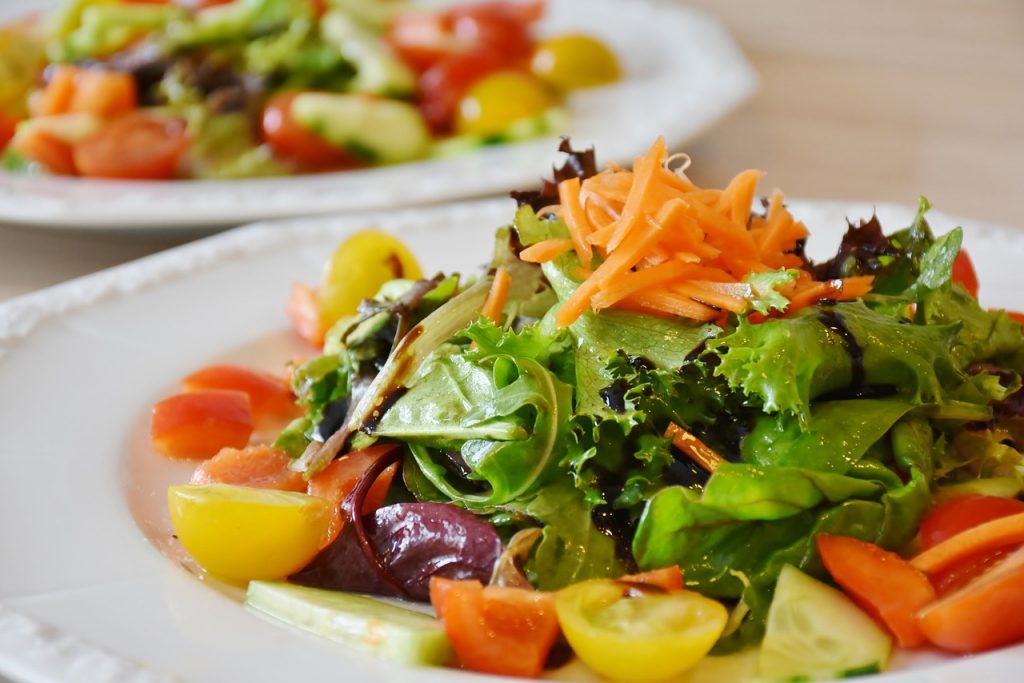
Many centenarians today attest to the fact that they eat all their meals and snacks with 11-12 hours or less, every day. So if you eat breakfast at say 8 a.m., it means you would finish your last meal before 8 p.m. A shorter eating window can be 10 hours; effective for weight loss, although it is harder to maintain. Remember, it is best not to eat within 3-4 hours of going to sleep.
- Practice ‘fasting’ twice a year
Those who are under the age of 65 who are not frail or malnourished and free of any major disease should try and undergo at least 2 periods in the year (5 days each) where they eat from 800-1100 calories a day. The effects of these ‘fasting’ type diets on longevity and health are quite remarkable. It has the benefits of fasting without being too extreme. On those low-calorie days, eat foods such as vegetables and nuts. The body thinks it is in a fasting state. Research shows that when you ‘deprive’ the body this way, your cells actually start regenerating, going into survival mode, starting to repair themselves. Furthermore, fasting is known to kill off cancer cells and reverse autoimmune disorders, as well as significantly reducing the risk of Alzheimer’s.
Most people who follow the elements of the Longevity Diet often replace just a few foods with others that they find more enjoyable. Many diets fail because people find them too extreme to keep up or because too many changes in habits or lifestyle are required. However, the Longevity Diet can be followed and adopted by people the world over – all it requires is some simple changes for you to extend your life, in a very healthy manner.
Longevity foods are 100% real food
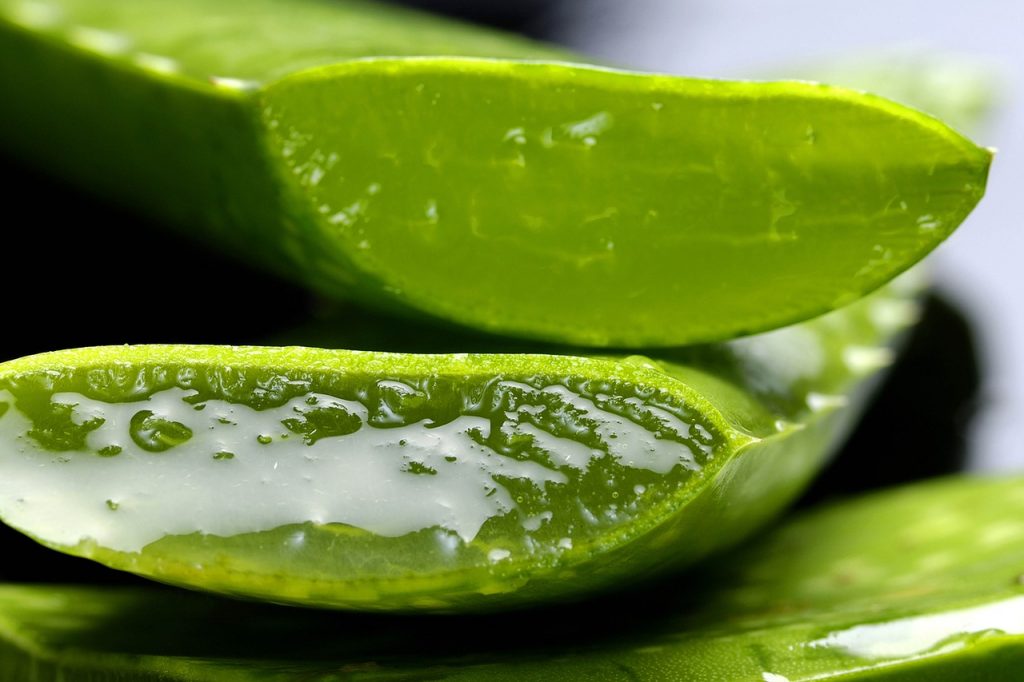
Longevity enhancing foods are superfoods, many of which cannot be simply replaced in a laboratory. Due to their wide diversity and uniqueness, these longevity foods are counted as therapeutic grade foods. It means they are recommended and even used historically, as being healing agents. These foods are considered as preventative nutrition as part of the longevity diet. It is a known fact, that living in the twentieth century, strategic supplementation is vital. Those synthetic and chemically extracted nutrients that are available today, can actually throw our bodies metabolic rhythm out of sync completely; off balance. It is for this reason that we need to turn our attention to whole foods that contain all the active compounds, and which are not extracted by the use of chemical solvents and which have a historical lineage; key components to anti-aging.

Super-foods from the ocean
- Micro-Algae
- Marine phytoplankton
- Spirulina
- Chlorella
Other superfoods
- Aloe Vera
- Coconut
- Bee products (honey, bee pollen, royal jelly, propolis)
- Cacao
- Caffeine (trimethylxanthine)
- Yerba Mate
- Illex Guayusa
What about lifestyle when it comes to elements of longevity?
- Sleep

Sleep is the one other thing, besides exercising and eating that is considered top priority if you are a longevity seeker. Many fitness trackers today report on the importance of quality and quantity of sleep. Lack of quality sleep proves to be bad for brain functioning and raises the risk of Alzheimer’s as well. And it makes you fatter too because when you are deprived of sleep, it leads to cravings for carbohydrates.
- Stress
We all know without having to be told that stress certainly leads to health problems that can actually cause the demise of people. Stress has the ability to damage just about every system of the body. It is of utmost importance to lower your stress levels for the sake of longevity. There are plenty of natural stress-relieving herbs, foods, and activities to involve yourself in. Exercising is one good way.

- Take time off
Do you work late into the night hours or play harder after hours? Do you ever take time off where all your emails and your phones are switched off and you do not even go there? What about a good holiday? If you are like a lot of busy professionals and entrepreneurs, you might just be doing too much work that causes stress. Look, we need to use our brains for sure, and some stress is good, but when we overwork the brain, we inhibit its ability to function properly. Taking a full week off every six months should be part of your healthy longevity lifestyle.
- The air that you breathe
Air pollution today accounts for over 6.5 million deaths and recent studies in the USA shows that pollution increases our risk of mortality by more than 13%. There is not much we can do to improve the air that we breathe beyond trying our best to avoid all that first-hand and second-hand smoke breathed in on a daily basis. Try and avoid doing your workouts in outdoor areas where the air is bad.
- Happiness counts

When you are happy and optimistic you add years to your life, period. Do you consider your happiness as an important element of a long and healthy life? If you aren’t, you need to consider making yourself a happy regime which consists of foods that can boost happiness and activities to do that bring happiness. It is always better to give than to receive. Involving yourself in activities where you benefit others who are less fortunate than you always bring maybe not happiness, but contentment and inner satisfaction.
- Companionship

Feeling lonely is not a good sign. It can take off years off your life if you are lonely and you don’t like it; because you are being deprived of happiness. Research shows that being lonely and affected by it is as equally as bad as smoking. You need to spend good times with family and friends or a significant other as part of your longevity lifestyle. You need to get involved.
- Community
It was noticed in researching the life of centenarians in the Blue Zones, that they lived in tight-knit communities, that they shared each other’s ups and downs, kind of chipping in and sympathizing in the bad times and rejoicing in the good times. It is not necessary for you to go to those lengths if that is not ‘you’, but the research did make powerful cases where participating in a community and giving of yourself to your church or a club does wonders for body and soul.
Longevity? Want it? You need good health and a sound mind if you want to blow out those hundred candles on your cake!






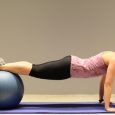


[…] disease. So make this New Year the healthiest one yet by ditching the processed foods and eating more healthy, natural […]